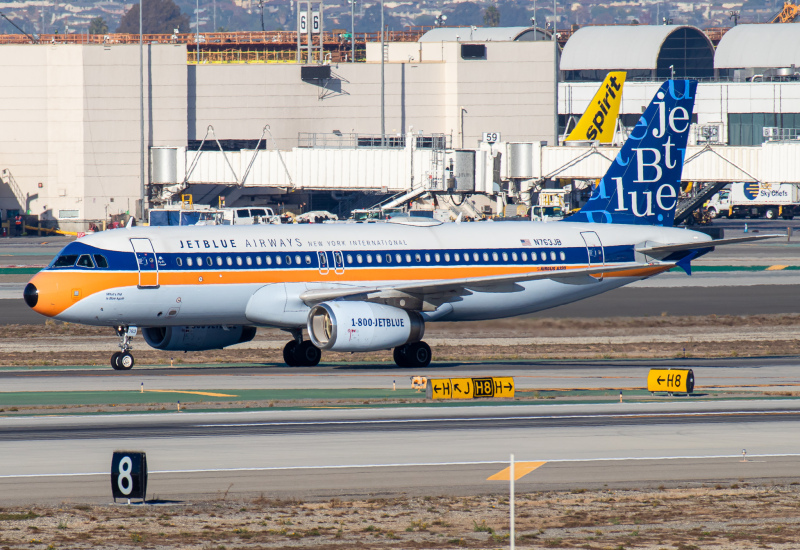
CFM International, a joint venture between GE Aerospace and Safran Aircraft Engines, has reached a significant milestone in its Revolutionary Innovation for Sustainable Engines (RISE) technology program. After two years of intensive testing, the program has completed over 100 tests as part of its mission to revolutionize the future of flight.
Through the RISE program, CFM International is advancing a suite of pioneering technologies aimed at achieving a more sustainable aviation industry.

These include advanced engine architectures like the open fan, compact core, advanced combustion technology, thermal management, and hybrid electric systems. The ultimate goal is to ensure compatibility with 100% Sustainable Aviation Fuel (SAF) and explore direct hydrogen combustion.
{{AD}}
So far, The testing has successfully validated the innovative open fan architecture, which promises greater propulsive efficiency and positive noise level performance. The CFM RISE program aims to achieve over 20 percent better fuel efficiency and reduce carbon dioxide emissions by 20 percent compared to the most efficient engines currently in service.
Furthermore, the program is focused on meeting the strictest carbon dioxide and noise emission requirements. With significant progress in testing, CFM International is on track to conduct ground and flight tests in the middle of this decade.
To further evaluate the integration of the open fan architecture, plans are already in place for an open fan flight technology demonstration in the mid-2020s in collaboration with Airbus.
{{AD}}
Gaël Méheust, president and CEO of CFM International, said, “The RISE program was launched as the absolute manifestation of our deep commitment to push the boundaries of innovation and deliver the breakthrough technologies that will help achieve our most aggressive sustainability goals in support of the industry promise of net zero by 2050.”
“The RISE program was launched as the absolute manifestation of our deep commitment to push the boundaries of innovation and deliver the breakthrough technologies that will help achieve our most aggressive sustainability goals in support of the industry promise of net zero by 2050,” said Gaël Méheust. “Our global team of engineers has been accomplishing amazing things and I am more convinced than ever our RISE program will deliver the propulsion technologies that will set even higher standards for our industry.”

“Since we launched the RISE program, we made significant progress to validate the conceptual design review and launch the industrialization of the first demonstrator parts. We are on track to the ground and flight tests around the middle of the decade with a thorough test plan that includes open fan aeroacoustics modeling this year. The RISE program is a great opportunity for our engineers to play a key role in building a more sustainable aviation industry,” said Michel Brioude, Vice President of Engineering and R&T at Safran Aircraft Engines.
“The industry can’t reach its net zero ambition by 2050 with status quo incremental improvements in fuel efficiency. Revolutionary technologies are needed. That’s why we believe the time for open fan is now, an advanced engine architecture that could unlock the single greatest jump in generational engine efficiency that CFM has ever achieved. This is supported by our most comprehensive testing roadmap yet to prove out and mature these technologies for the future of flight,” said Mohamed Ali, vice president of engineering for GE Aerospace.
{{AD}}
With over 1,000 engineers worldwide dedicated to the development of RISE program technologies, CFM's parent companies, GE Aerospace and Safran Aircraft Engines, are fully committed to driving innovation in the aviation industry.
As CFM International continues to make strides in its RISE program, the aviation industry eagerly awaits the ground and flight tests that will mark a significant milestone in the pursuit of sustainable aviation.